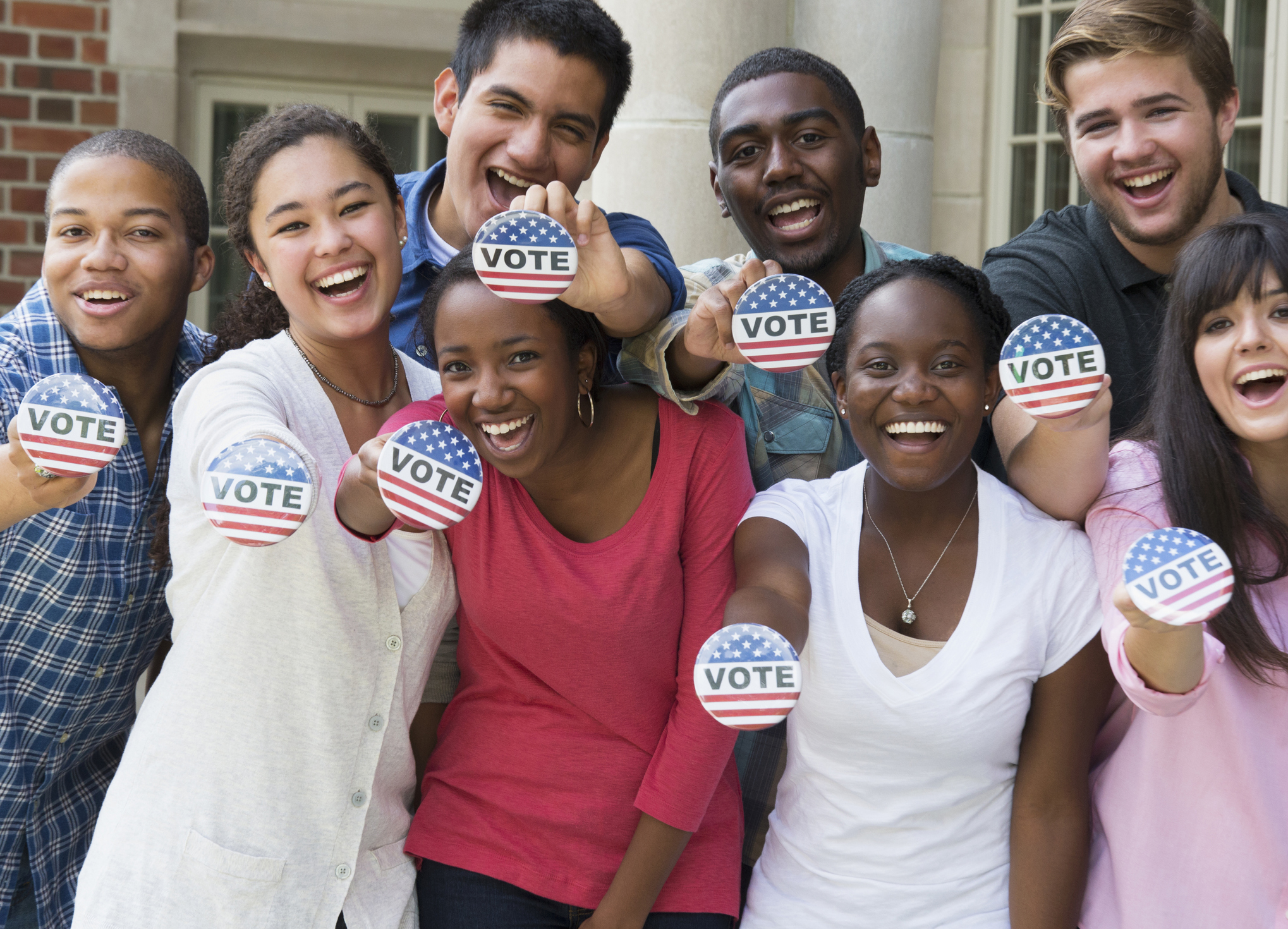In today’s political climate, it’s easy to villainize a person who does not believe, think or vote like you. Even if you don’t agree, taking time to listen and seek understanding could humanize them. In an increasingly polarizing election season, where “woke” is misinterpreted and demonized and Candace Owens has become a misconstrued archetype for Black women conservatives, remaining curious is essential. Here are nine questions to ask yourself about people with different views in order to operate from a place of curiosity.
What core values or ethics are most important to them?
Principles are core beliefs or ideas that define a person and guide them as we make our decisions. These values are essential to your sense of identity and for each person, they are the “North Star” or the basic truths in life.
Where are they from or what was their upbringing like?
Where you come from intrinsically shapes your vantage point in life and how you view the world. The question of origin or where you come from is not limited to city versus suburb, urban versus rural, ethnically homogeneous or heterogeneous. It also speaks to how you grew up and what your surroundings, environments and relationships were like. The characteristics of your upbringings inform our political views.
Who or what experiences might have shaped their political views?
Similar to the question about where they come from, everyone has people or circumstances that shape their beliefs. What do you know about the person with differing opinions? What pivotal people or situations might have shaped their world views?
What words or phrases trigger this person? What emotions might be attached to those words?
In conversations about politics, it’s easy to slip into a confrontational tone. Instead, adapt a conversational style by avoiding words or phrases that might trigger the other person. These might be common assumptions or stereotypes that the person with opposing views often hears. Consider how these words or phrases might make them feel.
What differences might be two sides of the same coin?
When looking at an issue or policy, consider both sides. Attempt to articulate the opposing viewpoint. By doing so, you may find connection points, aka concerns or ideas that you have in common. Consider what, if anything, unites your differing views.
How might you disagree in a constructive way?
Veer away from confrontation or belittling another person’s beliefs even if you disagree with them. Consider how you might maintain a curious and conversational tone. Remain open and willing to listen and validate others points of view.
What values or principles might you have in common?
It’s essential to find common ground, and one insightful question to consider is whether you have shared principles. This will serve as a connection point and help humanize a person with different views.
What is a positive trait about the person on the other side of this issue?
It’s essential to humanize people, even when they have different views. Look for positive attributes about the person you are speaking with. Call out their resilience in facing the obstacles and trials that shaped their beliefs. Call out their loyalty and passion for a principle or idea. Call out their strong communication skills and ability to articulate their reasoning well.
How can we separate political views from the people who hold them?
It’s essential to focus on the people, not the politics. At the end of the day, people are more than a political party or the ideas they subscribe to. It might be helpful to identify titles the person holds, like father, mother, sister, son, friend, neighbor, caregiver, etc. It’s crucial to remember they are more than their beliefs.
